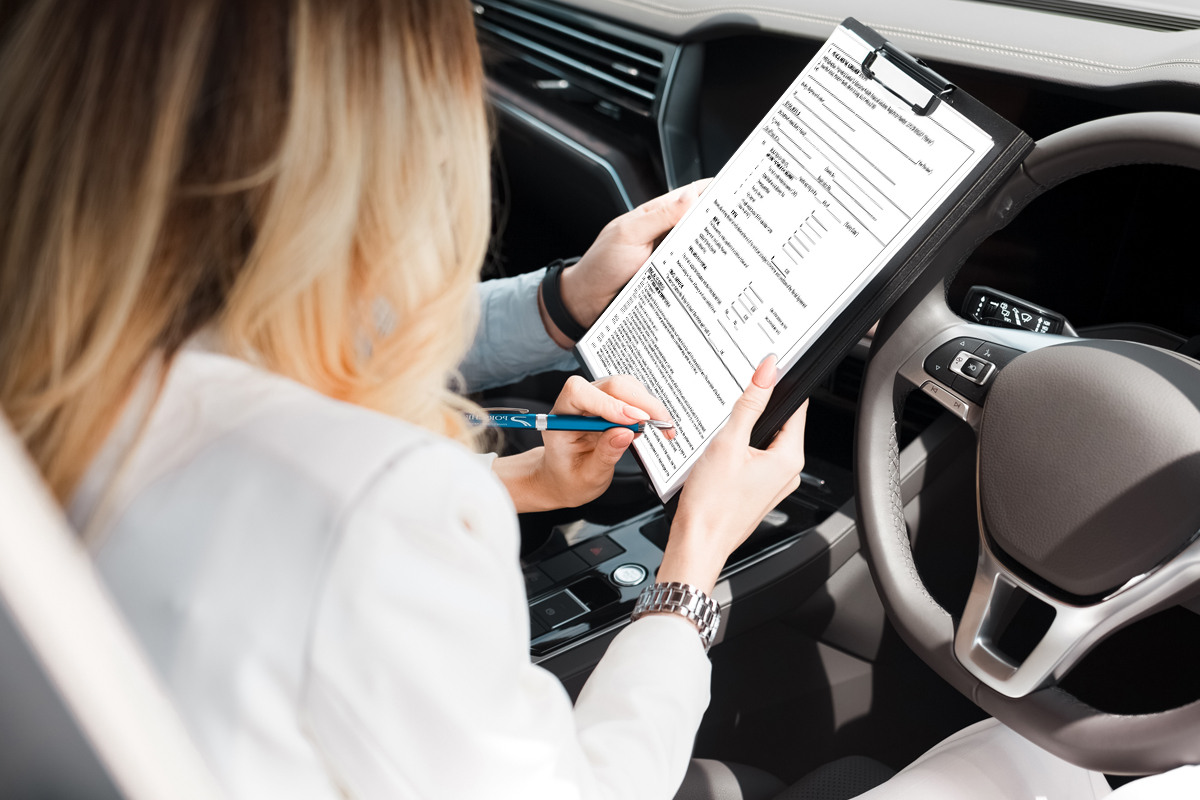It’s a fundamental economic principle that when supply exceeds demand for goods or services, prices fall. Similarly, when demand exceeds supply, prices rise. The economic factors over the last two years have had serious implications for the automotive industry which is controlled by these principles.
In early 2020, the industry was in a state of collapse as people stopped traveling. With a glut of cars — a much higher supply than demand — prices plummeted; major car suppliers sold off thousands of vehicles; and Hertz with a fleet of 650,000 went bankrupt and major car suppliers sold off thousands of vehicles.
Fast-forward a year and everyone was ready to travel again — unfortunately the automotive industry was stuck with its diminished fleets. And, it faced further challenges replenishing this fleet because of the systemic flaw in the supply chain involving semiconductor chips. It takes about three months to make even the simplest of semiconductors used in door locks, infotainments and advanced driver assist systems. These older, lower-tech ‘legacy’ chips cost a few dollars and have lower profit margins so there is less incentive for chipmakers to invest in more capacity. Furthermore, the auto industry represents 5% of the chip industry, so it lacks clout to get what it needs as suppliers would rather produce newer, more sophisticated chips, that yield a better return.
As can be expected, such unprecedented times found leasing companies in competition with ordinary drivers trying to purchase the limited supply of new cars on the market. Hence, with demand surging and the supply of cars still depressed, dealerships had no choice but to increase prices and many companies stopped advertising “lease deals” simply because cars were too hard to find.
This interaction between supply and demand conditions was further impacted by:
- the increasing cost of overheads such as employees’ wages, vehicle leases, property rentals, costs of supplies/parts etc.
- the cost of cars, both new and used which dramatically increased.
- the closing down of businesses and reduced competition within the industry, which compounded the shortage of cars and translated into price rises.
We trust this article explains why the cost of a vehicle lease has rapidly increased this year. If you know what you want, contact us for a quote. We’ll try our best to secure the car you love, for less.



